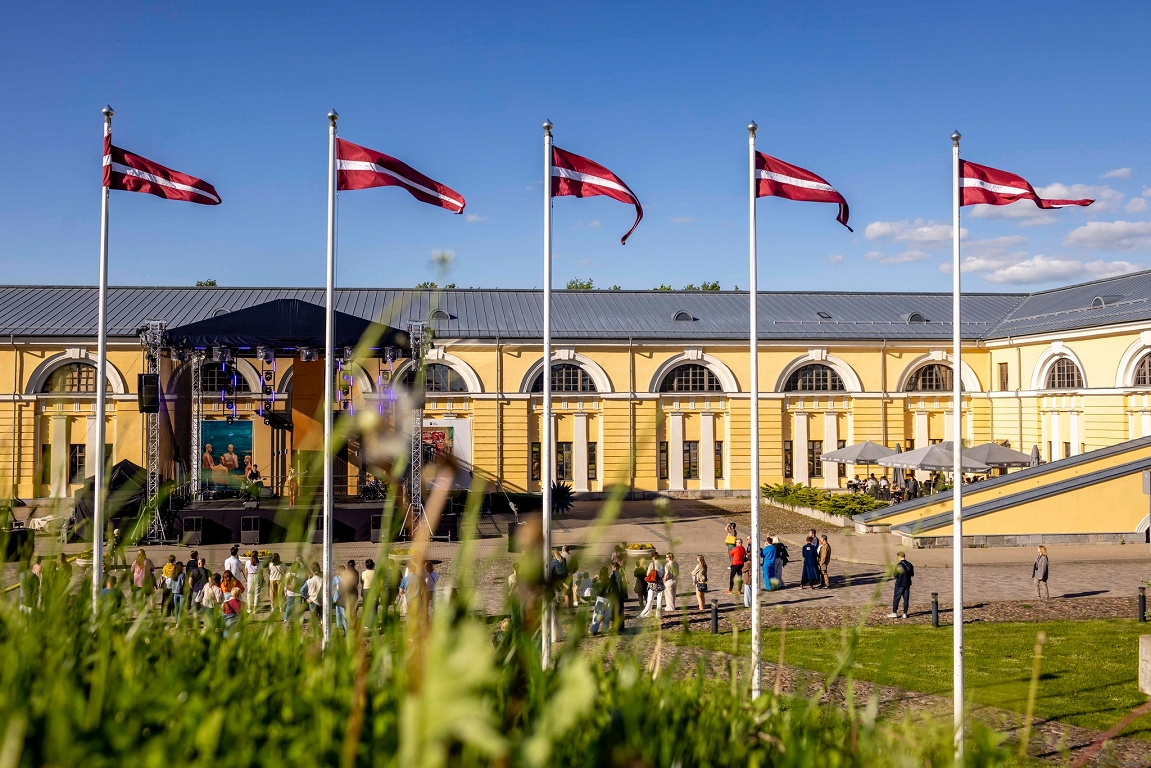II. World War II resistance in Hungary – Blikk
That is why it may be surprising how a colorful picture of the book – the title of the day, 1944-1945 – can give us a colorful picture of the former resistance of Hungary so far unknown: on the book pages to find a person from all sides of the Politics Palette who has been a human rescue, mental resistant, or even an armed party. The two -year -old volume, which was completed with 55 authors and 3 editors, took the final shape after a diverse archival research: it contains 104 individual portraits, but also explores that the action of those who were confronted with power would have been futile. The volume, which was made at the request of the Committee of National Memory, has essentially reinterpreted the concept of resistance with their authoring work: the common denominator is anti -Nazi, regardless of the political or personal motivation or commitment it is.
The rebel count
A good example of intellectual resistance is George Apponyi (II.), Who has been familiar with the name, who, through his noble family, belonged to Hungary’s political elite for centuries. His grandfather, György Apponyi, a conservative politician, was puppeting around the Reformed transformation and then the compromise, and his father, Albert Apponyi, was the head of the Hungarian delegation that signed the Trianon Peace Treaty that ends World War I.
In the 1930s, the young George Apponyi (II), as a journalist, continuously opposed the politics of governments that slipped into German -friendly commitments, as a politician, but also a politician, and was also a believer in civil rights. He attacked the government of Gyula Gömbös, was a constant editor -in -chief for the evening Kurír, wrote anti -Nazi articles in the Pest Newspaper and the newspaper.
It was arrested by Gestapo in March 1944 and was taken to the Mauthausen concentration camp. After his liberation he did not return to Hungary, settled in Belgium and died in Germany at the age of 72.
Endre Bajcsy-Zsilinszky Anti-Nazi became a species protector
Due to the enormous biographical articles, it is almost impossible to draw a portrait of Endre Bajcsy-Zsilinszky, an armed anti-Semitic politician, as a unified career. One of the great contrasts of his career is that although he was directly related to the most important leaders of the far-right elite in the early 1930s, he did not become a believer in the far right’s basic ideas or power goals. It can be stated that it is a kind of species protection logic, but increasingly committed to Nazi and anti -war, said Ákos Bartha, one of the editors of the volume, the paradoxon of Zsilinszky Bajcsy’s life. The strongest opposition party, as a member of small farmers, stamped from the second half of the thirties, further laws and measures affecting anti -Semitic government policy and Jews.
One of the important stages of his political development is that he first expressed the fact of the Novi Sad gendarmerie in 1942 as a Member of Parliament and demanded the investigation of events in Novi Sad and the prosecution of the Foreign Affairs Committee of the House of Representatives. Or read in the thesis of Károly Vigh historian The Historical Review 1968/11. .
In the spirit of the anti -fascist conviction, he joined the Hungarian Historical Memorial Committee and, in the face of a war disaster, also supported direct contact with the Red Army on the basis of a real policy for national interests.
When the Germans occupied Hungary on March 19, 1944, they welcomed them with a weapon. At the time of his arrest, he received two shots, and was released from the captivity of a federal Greater Hungary on October 15, on the day of an attempt to jump out. After the Arrow Cross took power, he was elected chairman of the liberation committee of the most radical anti -German group, the Hungarian national uprising, which organizes armed resistance and leaf. The organization was betrayed, and Bajcsy-Zsilinsky was arrested on November 23 by the people of the Arrow Cross National Accounting Chair. Being a Member of Parliament, his cause was separated from other leaders executed on December 8th. After the Sagittarius Parliament issued his immunity, he was taken to Sopronkőhida, where on the evening of December 23, he was sentenced to death on the accusation of infidelity and treason, which was carried out the next morning.



/s3/static.nrc.nl/wp-content/uploads/2025/06/07043854/ANP-426099410.jpg)